Anyone who runs a business knows how important employee injury care safety is and nobody wants anyone to get hurt on the job. Keeping employees safe is paramount to creating a clean and healthy workplace environment that everyone will enjoy working in.
Workplace safety doesn’t depend on best practice guidelines and policies only but also based on how well the people, in both management and on the production floor, adhere to and communicate about safety standards of your employee injury care.
Work Injury Care Prevention Tips
A successful safety program is one that encourages employees to report unsafe situations ,avoid injury care and encourages safe practices throughout each and every workday. So, here are the daily workplace safety tips every employee should know to ensure all employees are engaged in developing a safety program that encourages shared responsibility of everyone in the workplace:
-
Be Aware of Your Surroundings
Every job site has inherent dangers, whether that’s large, heavy machinery, conveyor belts, or even tripping over items in the office. The best way to keep yourself safe is to be aware of your surroundings. The more familiar you are with your tasks and workplace, the more aware you’ll be of the potential hazards. Knowing your surroundings and being aware of potential hazards will help you and your co-workers avoid unnecessary or dangerous situations.
-
Use Labels and Signs
Labels and signs are a cheap and effective way to quickly communicate important information. They’re usually simple and rely on pictures to detail hazards and proper procedures. These tools are good reminders and warnings for even the most experienced worker.
-
Keep Things Clean
A messy workplace can lead to unnecessary accidents. Make sure boxes are stacked safely and spills are cleaned up quickly. Conduct regular inspections to check for potential dangers such as tangled cords, messy floors, and disorganized tools. Programs like 5S often provide beneficial improvements in an organization that can lead to reduced clutter.
-
Don’t Take Shortcuts
Accidents happen when employees skip steps to complete a job ahead of schedule. Make sure all instructions are clear and organized to prevent undue mishaps in the workplace.
-
Take Regular Breaks
Many work-related injuries and illnesses occur because a worker is tired, burned out and not alert to their surroundings. Taking regular breaks helps you stay fresh on the job. One trick to staying alert is to schedule the most difficult tasks when your concentration is best, like first thing in the morning.
-
Manage Stress
Many workers suffer from workplace stress from time to time. This could be a result of overworking, insecurity in your role, or disagreements with co-workers. If you feel stressed you should talk to someone, or find a technique such as meditation to bring your stress under control.
-
Wear Protective Equipment
Wear appropriate personal protective equipment (PPE) and gear, from googles to vests. For example, improper footwear can pose a tripping hazard or leave you vulnerable to injury if something gets dropped.
Employee Injury Care Procedure
When one of the employees is injured, it’s imperative to act fast both in terms of medical response and filing a worker’s compensation claim. The more prepared a business is, the less likely it is that a work injury will prove costly.
-
-
Get Medical Assistance
Even if an employee does not believe that they are seriously injured, it’s important that they are examined by a medical professional. If you are on the scene at the time of the accident, you should personally see to it that the injured employee receives the medical attention that they need.
-
Investigate
Conduct an internal investigation following the event. Secondly, interview witnesses and create incident reports. Develop any necessary countermeasures to protect against future risks.
-
File a Claim
Workers’ compensation carrier will likely ask for all sorts of documentation and files on the employee, so go ahead and hand this information over. However, you should not give documentation or records to anyone else.
-
Maintain Communication
Communication is important for the injured worker. Getting injured on the job can be stressful, and there’s often a lot of fear, confusion, and anxiety about what is going to happen to them. Let the employee know that they have your support. Make it clear that you won’t hold the injury over their head, and you’ll help them transition back to work when the time comes.
-
Takeaway
Being prepared with workplace injury will make the process seem a little less daunting. So before you’re faced with an injury: develop an injury care plan, partner with an effective occupational health care provider, and start communicating with your employees.
To make things even easier and avoid employee injury care, partner with Gurmu OccMed Svs in treating work-related injuries. Dr. Dabi J. Gurmu, MD, MPH is trained in occupational medicine and knows the most effective ways to help injured employees recover. Our dedicated staff also understand the worker’s compensation laws for your state and can help you manage the process.
To schedule an appointment, visit 500 Greenfield, Ave, Hanford, CA 93230 or call us at (559) 587-5587.

